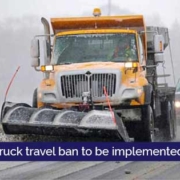The following testimony was sent today to Ms. Ngoc Hoang, environmental analyst at the Massachusetts Department of Environmental Protection Bureau of Air and Waste. It concerns 310 CMR 7.41, Large Entity Reporting Requirement. The letter is available as a PDF to be printed.
Dear Ms. Hoang:
On behalf of the over 250 member companies of the Transportation Association of Massachusetts (TAM), I am writing to provide comments relative to the Massachusetts Department of Environmental Protection’s (DEP’s) proposed regulation 310 CMR 7.41, Large Entity Reporting Requirement.
As you may know, TAM has been the voice of the trucking industry in Massachusetts since 1919. One of the oldest transportation associations within the Commonwealth, we represent a wide variety of companies ranging from small, family-owned trucking companies with a single truck to large national trucking companies with thousands of trucks. The trucking industry within the Commonwealth is responsible for transporting over 90% of all goods and products found in our homes and workplaces. In addition to being a key facilitator for the growth of other industries, the trucking industry is a significant creator of jobs within the Commonwealth. As a recent study by the Dukakis Center for Urban Research & Policy at Northeastern University stated “[t]he overall trucking industry (including private and for-hire tucking) represent about one in 12 jobs or about 300,000 jobs in Massachusetts in 2017. And, trucking companies meet all Massachusetts freight movement needs.” (“The Importance of the Trucking Industry to the Massachusetts Economy”, Pritchard, R. & Scott, A., p.3 (May 2018)). In terms of employment demographics, the trucking industry is quickly diversifying as companies seek drivers to meet the growing need for trucking. (“Truck Driver Shortage Analysis 2019”, Costello & Karickhoff, American Trucking Associations, July 2019)(“ In 2018, 40.4% of [truck] drivers were minorities, which has jumped 13.8 percentage points from 26.6% in 2001.).
TAM and its members have been active participants in reducing the trucking industry’s carbon footprint throughout the Commonwealth already. TAM, which has supported tougher idling laws and their enforcement; increased auxiliary power unit weight exemptions; and the establishment of cogent transportation rules to reduce delays, recognizes that the future is “green”. The use of “clean” diesel fuels and advanced engine technology in today’s new trucks reduces emissions of particulate matter (PM) by 99% and nitrous oxide (NOX) by 98%. While the ultimate goal is to produce no engine emissions, it is important to note that newer heavy duty trucks are already minimizing emissions on many levels. The transition to zero emission heavy duty trucks cannot – nor will not – happen overnight. To the aforementioned point, mandates that simply push the burden of zero emissions compliance completely on the trucking industry – without providing the necessary infrastructure, financial support and technology – will ultimately harm the trucking industry and the residents and businesses in Massachusetts that rely on it.
With this in mind, TAM respectfully requests your consideration of the following points:
- Purpose of the Proposed Inventory Rule. The “Background Document” made available by the DEP states that the agency is promulgating this regulation “so it (DEP) can assess the ways to develop and locate charging infrastructure and programs on how to support and accelerate the MHD ZEV market in Massachusetts”. The document, which acknowledges a similar inventory regulation was promulgated by the California Air Resources Board (CARB), further comments on the DEP’s “adoption of CARB’s Advanced Clean Trucks (ACT), Phase 2 GHG, and Heavy-duty Omnibus regulations.” Although these latter regulations will increase the price of trucks in Massachusetts while the regulatory burden is placed on the manufacturers, no mention is made of CARB’s upcoming Advanced Clean Fleets (ACF) regulation, which will require fleets with 50 or more trucks to purchase zero emissions vehicles (ZEV) trucks. The original survey, which was part of CARB’s ACT regulation, was adopted with the intent to develop/justify the ACF regulation. Accordingly, is the proposed regulation merely a stepping-stone for the DEP following the CARB’s ACF regulation, which simply lays a de facto mandate on any companies that utilize trucks? Or, more appropriately, will this inventory be used in a cooperative manner that seeks the development of an incentive-based approach to replacing the trucking industry’s existing vehicles. Put simply, why bother with a “large entity (fleet) inventory” if DEP has already decided that it will follow the existing CARB regulations? The trucking industry in Massachusetts, which is already in a precarious position, will be adversely impacted if the DEP does not engage in a collaborative approach that provides the necessary infrastructure, financial support and availability of technology.
- Size of the Fleets to be Inventoried. TAM urges the DEP to reject any calls for reducing the number of trucks within a fleet for purposes of reporting and complying with the proposed regulation. The proposed regulatory reporting is already going to be onerous on the companies that have 40 or more trucks within their fleet. Reducing the reporting requirement to companies with five or more trucks in their fleet will significantly burden countless small companies while likely providing more data than the DEP will be able to effectively use. From direct experience with their fleets in California, certain TAM members have reported that CARB’s “reporting costs of $50 per hour and 25 hours per entity, or approximately $1,250 for each entity” are optimistic at best.¹
- Routing Information. TAM opposes any additional requirement to report on a truck’s specific route or, collectively, routes used by a trucking company as part of this proposed regulation. While appreciative of the concern for environmental justice (EJ) communities, mandating the release of a company’s operations information at that level of detail would open a pandora’s box of potential legal and practical issues. Notwithstanding the time, cost and effort of compiling that data, the information would also lead to concerns about anti-competitive actions by competitors or municipal routing actions in contravention to federal law and regulations governing the same.²
Alternative fuel heavy duty and medium duty trucks still remain much more expensive than traditional diesel-powered trucks of the same class and designation. The proposed large entity inventory regulation can be useful if the data is used to underpin arguments for increasing both incentives for the purchase of new, alternative fuel heavy and medium duty trucks and improving the infrastructure necessary to support the future use of such vehicles. Otherwise, Massachusetts’ current energy infrastructure for alternative fuel vehicles will be unable to support the entire trucking industry’s needs even if affordable alternative fueled vehicles existed.
I appreciate your consideration of these comments to the DEP’s proposed regulation, 310 CMR 7.41, Large Entity Reporting Requirement. TAM looks forward making sure that the eventual transition from diesel fueled engines remains practical and affordable for all. To that end, we implore the agency to include the trucking industry at the table before further regulations are promulgated.
If you have any questions or concerns, please do not hesitate to let me know.
Sincerely,
Kevin Weeks
Executive Director, Trucking Association of Massachusetts
¹ Again, TAM is unclear why the DEP did not also adopt the 50-truck limit that CARB used. If we purport to be following CARB’s lead – including their cost estimates for compliance, why not simply set the standard at trucking companies with 50 or more qualifying trucks? If this “large entity inventory” requirement is a merely a “check box” for eventually adopting the CARB regulations, why create this different reporting threshold?
² On a related, but slightly different note, TAM appreciates the specific reference to 310 CMR 3.00, governing the use and handling of confidential information by state agencies.
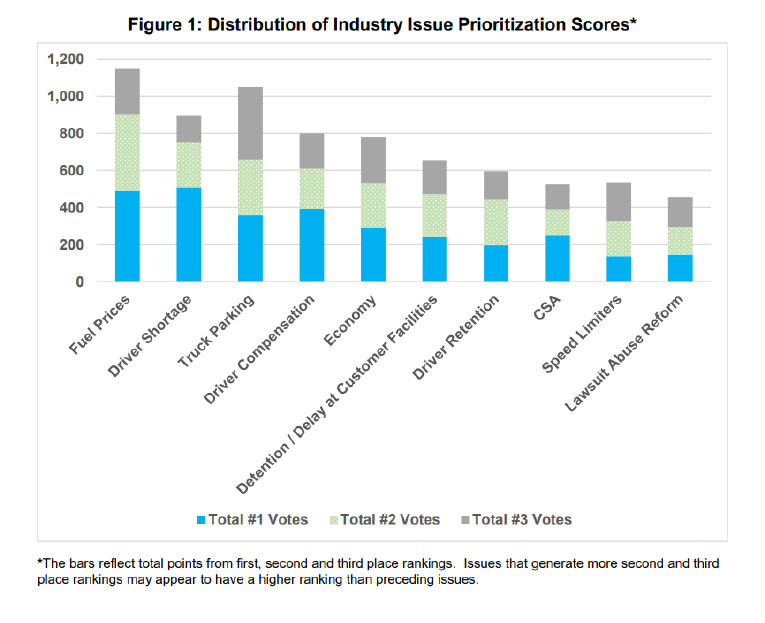
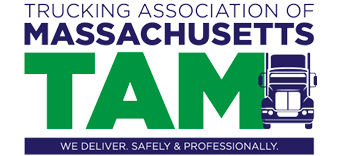
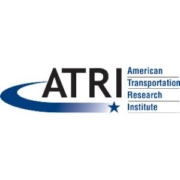

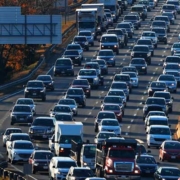
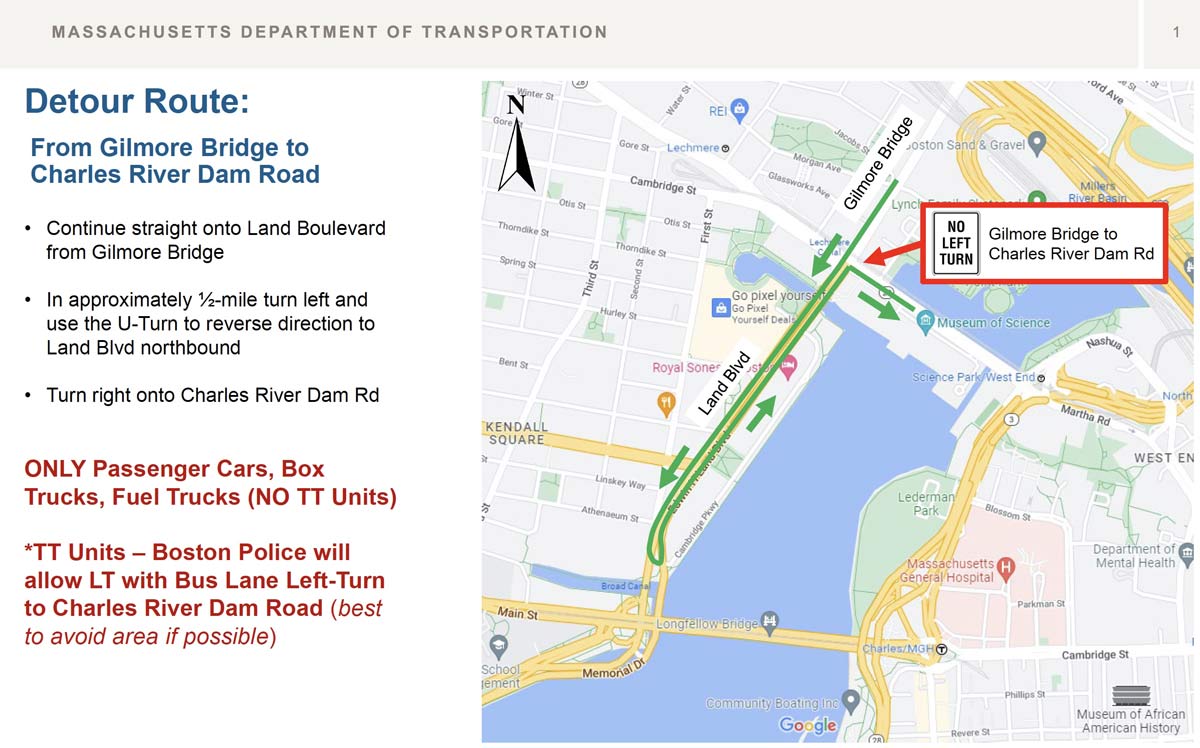
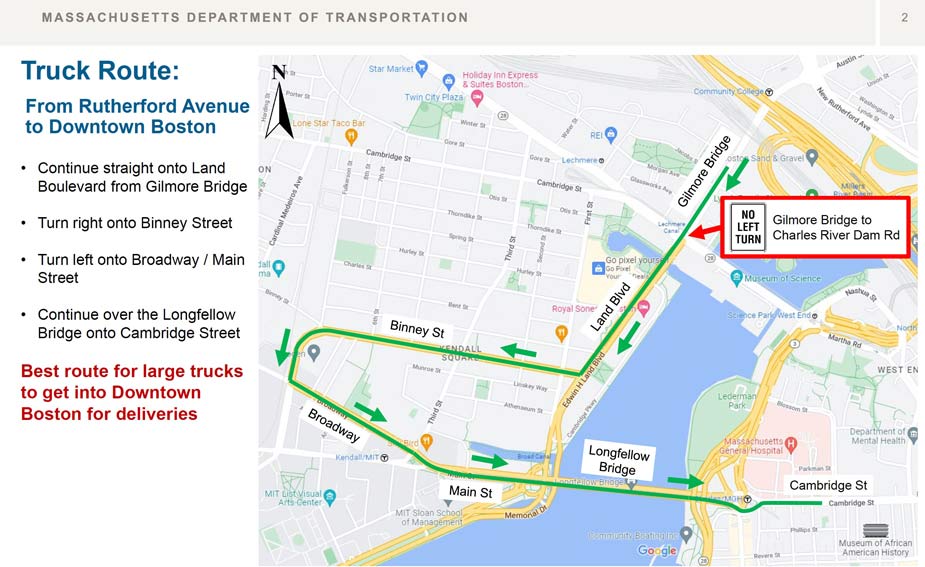
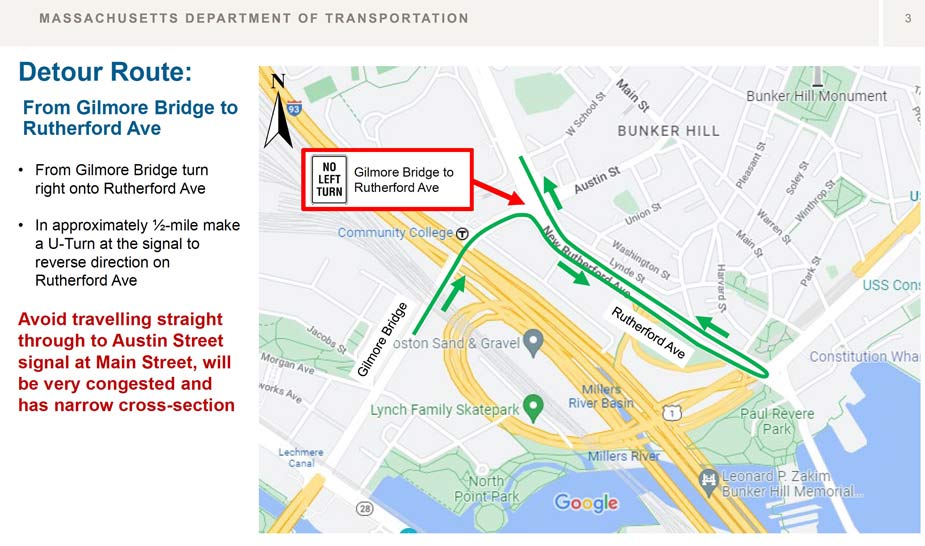
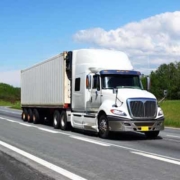
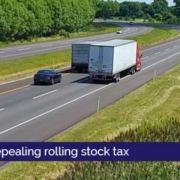
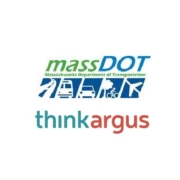
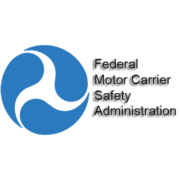
 The new entry-level driver training (ELDT) standards (
The new entry-level driver training (ELDT) standards (